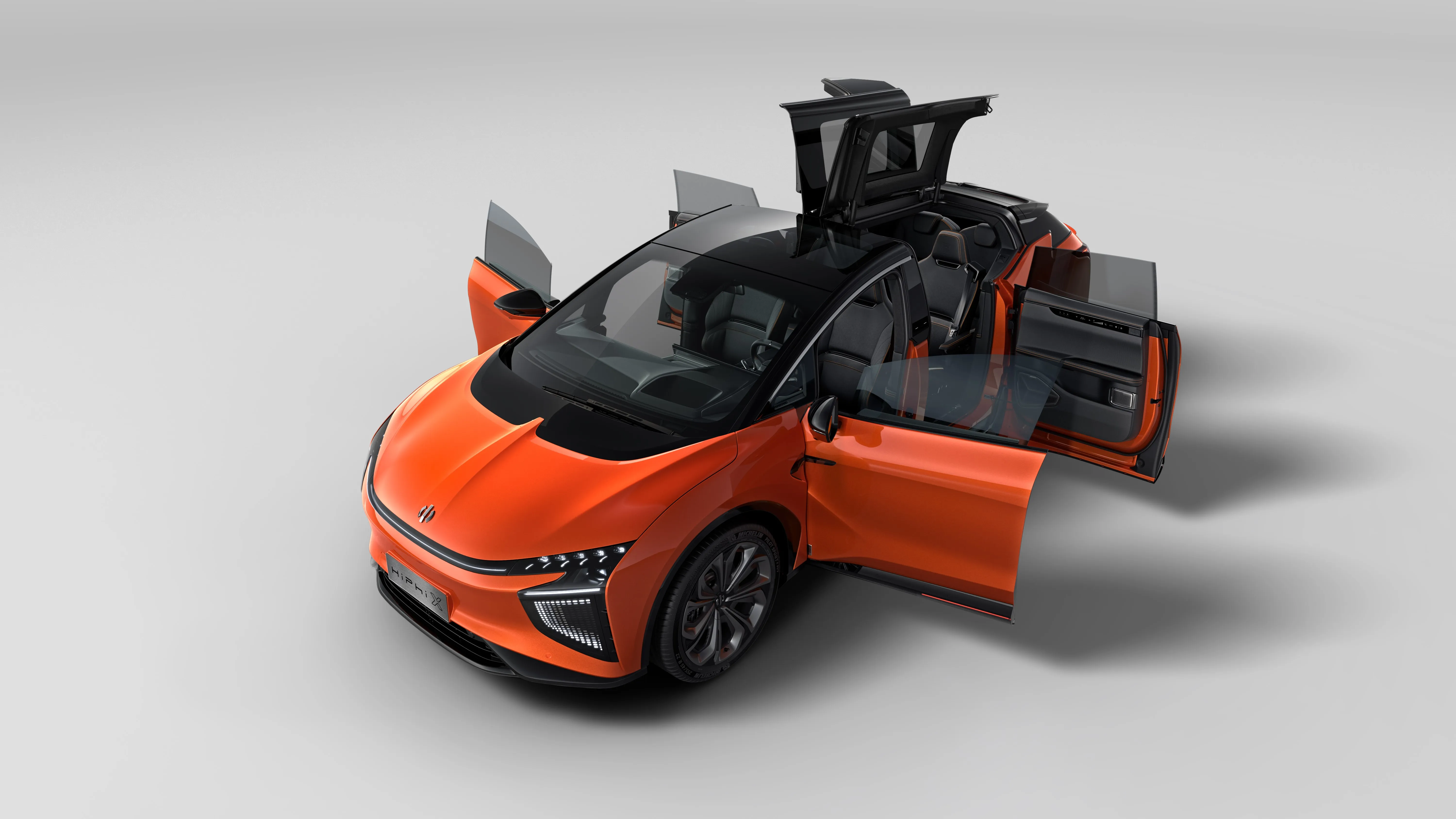
Seyond, a global provider of image-grade Lidar, has expanded its cooperation with the US city of Peachtree Corners, a test-bed for 5G and connected vehicle technologies in Metro Atlanta, Georgia.
Curiosity Lab at Peachtree Corners - owned and operated by the city - is a 5G-enabled intelligent mobility and smart city living laboratory. Designed as a proving ground for Internet of Things, mobility and smart city emerging technologies, the centrepiece is a three-mile-long (5km) autonomous vehicle lane that uses cellular Vehicle to Everything (C-V2X).
Seyond’s Lidar, OmniVidi Perception Service software platform and Blue-Band Integrator AI provide real-time 3D mapping, with both vehicle and pedestrian object detection, are already being tested. These collect real-world data that can be used to implement traffic and vulnerable road user (VRU) signal solutions to make intersections safer and more efficient, while also protecting citizen privacy. With it, Peachtree Corners can adjust traffic signals, pedestrian crossing signals and intersection design to improve safety and efficiency.
“Curiosity Lab’s shared public domain available for testing, deployment and validation is one of the many characteristics that attracted us to collaborate with the organisation,” said Junwei Bao, co-founder and chief executive of Seyond.
“By collecting data from high-volume intersections across vehicular and pedestrian traffic, we will be able to improve the quality and reliability of detection results, which can help validate Intelligent Traffic Solution-based use cases,” said Bao.
“Our technology can be used at a signal intersection but also across parking, large areas of pedestrian crossings and more. Curiosity Lab and Peachtree Corners will allow us to explore these use cases in a real-world environment as we continue to advance and validate our solutions for public use to improve safety for all.”
With a population of around 45,000, Peachtree Corners is one of the first planned US cities. It allowed one of the world’s first deployments of teleoperated e-scooters and now has fully-autonomous shuttles being used by residents. There is also a solar roadway and it is home to the largest electric vehicle fast-charging hub in the region.
Additional infrastructure includes intelligent traffic cameras and traffic signals, smart streetlights, the country’s first “IoT Central Control Room” implemented in a city and a 25,000-square-foot (2,325m²) technology incubator.








